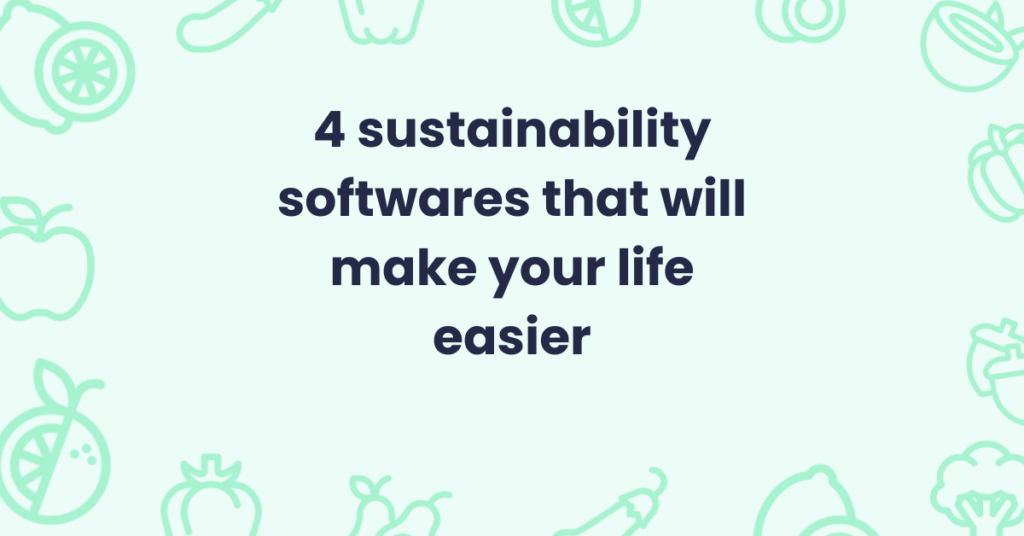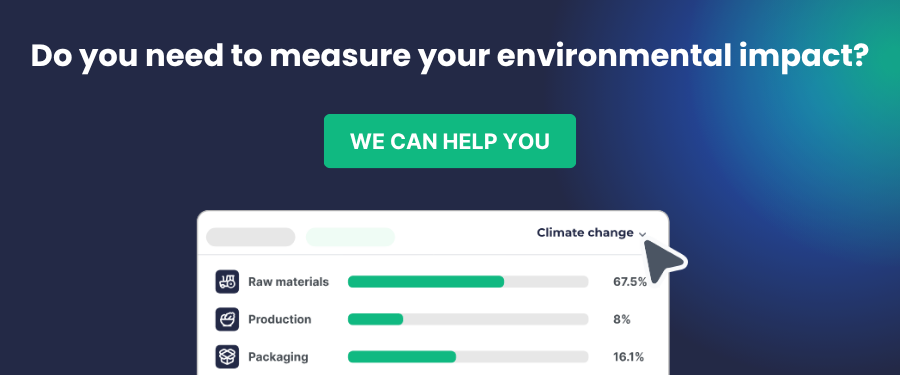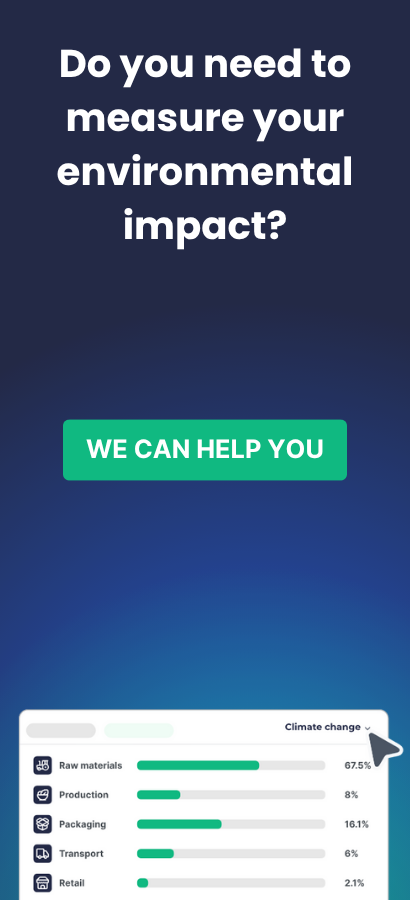It is becoming increasingly common for organizations to communicate their environmental impacts, whether required by clients, dependent companies, or due to legal obligations. These sustainability reports respond to each company’s specific reporting needs. For example, many reports follow the guidelines of the Global Reporting Initiative (GRI) or, for more specific matters like carbon footprint calculation, use the Greenhouse Gas Protocol (GHG) or the international standard ISO 14064.
These frameworks outline what information needs to be reported, serving as a guide, but they also create a demand for data that companies often lack. This is the case with Emission Factors for calculating the carbon footprint, the water consumption associated with manufacturing a purchased product, or the environmental impact of fertilizer use in crop cultivation.
To address these needs, external databases are necessary. In this article, we introduce four databases that will solve your lack of environmental information for your organization’s sustainability reports.
1. OpenLCA
OpenLCA is one of the most widely used tools for Life Cycle Analysis (LCA) and collecting environmental data. It allows companies to model their processes and calculate environmental impacts throughout the lifecycle of a product.
Pros:
- Open-source software, meaning it can be used without paying a license.
- Compatible with other databases.
Cons:
- Steep learning curve, requiring advanced technical knowledge.
- Not intuitive for users unfamiliar with LCA.
2. Simapro
Simapro is the go-to software for calculating Organization Carbon Footprint and is widely used in the research and development of sustainable products. It offers advanced tools for calculating environmental impacts.
Pros:
- Wide range of environmental databases available, including Ecoinvent.
- Ideal for conducting detailed and complex lifecycle analyses.
- Recognized as a valid information source for major reporting schemes and standards.
Cons:
- High cost, especially for small and medium-sized businesses.
- Its interface can be complex for users not specialized in LCA.
3. Ecochain
Ecochain is a software tool specialized in helping companies improve their environmental performance and comply with sustainability regulations. It offers a more accessible interface than other tools and focuses on reducing environmental impact.
Pros:
- Intuitive and easy-to-use interface, designed for companies to manage their environmental impact without requiring advanced technical knowledge.
- Good tools for data visualization and report generation.
- Compatible with a wide variety of databases and sustainability analysis methodologies.
Cons:
- Lacks some functionalities offered by OpenLCA or Simapro.
- Prohibitive cost for some organizations.
4. Trazable LifeCycle
Trazable stands out as a comprehensive and easy-to-use solution for collecting environmental data in the food industry. Its software is specifically designed to facilitate the automation of sustainability data management, simplifying the preparation of reports in compliance with regulations like Law 11/2018 or the CSRD.

Pros:
- Specialization in the food industry, providing data on sector-specific issues such as biogenic emissions, land-use change, and different cultivation methods.
- Easy implementation and scalability for all types of companies.
- Incorporates major databases and information sources.
- Capable of generating reports that can be independently verified based on recognized environmental management schemes such as ISO 14044 or Product Carbon Footprint under GHG Protocol.
- Competitive pricing and solutions tailored to customer needs.
Cons:
- Since it specifically focuses on the food industry, other sectors may find some impact data missing from the platform.
Comparison of Key Features
| Software | Specialized Databases | Ease of Use | Cost | Focus on Food Industry |
| OpenLCA | Broad, compatible with global databases | Advanced, requires technical expertise | Low (open-source) | No |
| Simapro | Very broad (includes Ecoinvent) | Complex, expert users | High | No |
| Ecochain | Compatible with environmental databases | Easy, accessible for non-experts | High | No |
| Trazable | Specialized in the food industry | Very easy to use, ideal for SMEs | Competitive | Yes |
Conclusion
Each software mentioned has its characteristics, and none of them alone may meet all your environmental information needs for reports. However, they facilitate data collection and offer the guarantee of recognized and reliable data sources. The choice will depend on your company’s specific needs.



